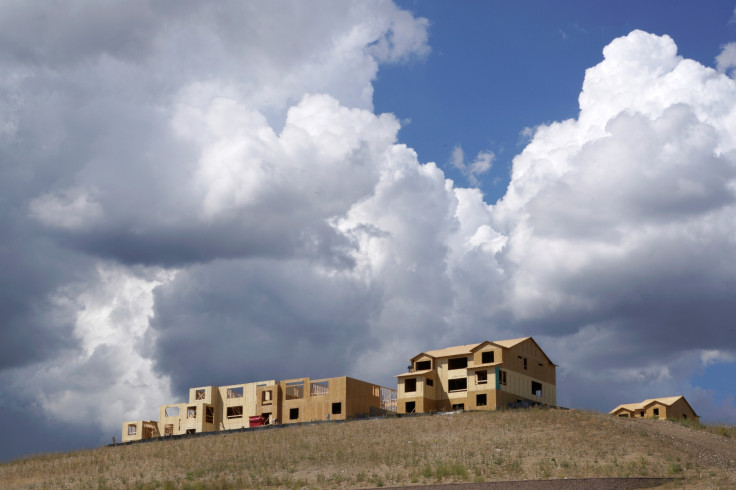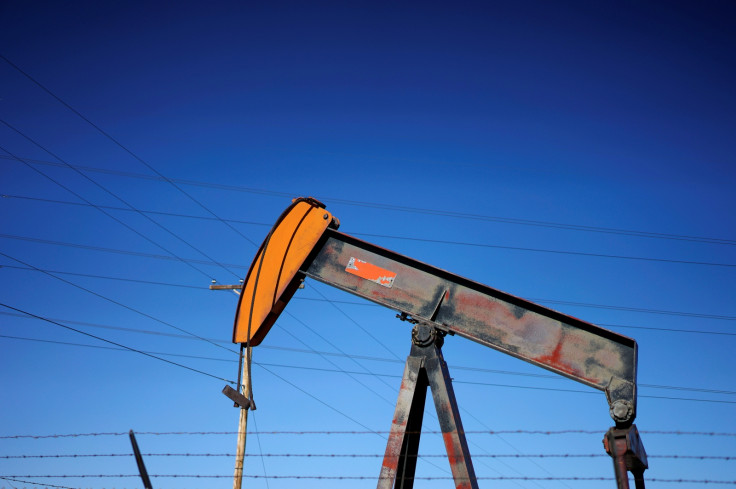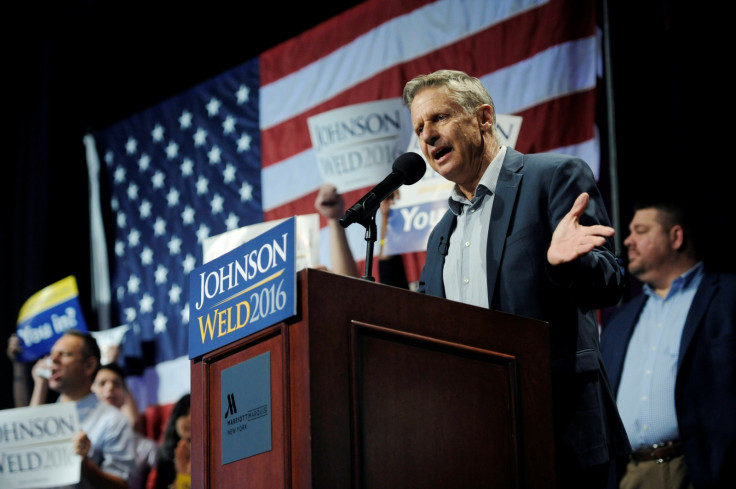In Colorado 22 people are running for president - and here's why
Swing state has largest number of third party candidates ranging from Greens to a man who runs a grill.

In swing state Colorado there are 22 people running to become the next president of the United States. They run on everything from the prohibitionist ticket to socialist, libertarian, and Green platforms – there's even a nutrition party contender who runs a grill.
The state has twice as many third party candidates as the next largest among the 50 states. Other places where third parties proliferate include Louisiana with 11 candidates, Iowa with eight, and others cluster in Minnesota, Utah, New Mexico, and New Jersey.
Right now the polls are sending mixed messages in Colorado. One shows Trump and Clinton tied when stacked up against third parties. Another shows Clinton with a 6% point lead.
But does that mean the third parties have a chance of tipping the vote for one of the front runners like Ralph Nader did in Florida back in 2000?
"Sure. That's always a chance anytime a state is close," said Tony Robinson, a professor at the University of Colorado Denver campus who specialises in American political institutions and social movements.
But in this election – especially in Colorado – "that's exceedingly rare and unlikely," he said. "The third parties would have to draw more from one candidate than the other. Right now they're drawing from both Trump and Clinton," he said. But if third parties could tip the balance anywhere "it would happen in a state like Florida or Colorado."
The bigger question is why Colorado is a hotbed for so many third party candidates. One reason is the state's residents are young, said Robinson. The median age there is 34. The US median is 37. "Young voters are particularly attracted to third party candidates," he said, and "we happen to have a lot of young voters and they're not excited by Hillary Clinton or Donald Trump."

Robinson has taught an elections course for almost 30 years. "There's never been an election as challenging or troubling to young people," he said. Many millennials Robinson has seen in his class discussions have been driven to an anti-establishment vote like Bernie Sanders, Libertarian Gary Johnson, and the Green party's Jill Stein.
The state also doesn't have strict laws about what it takes to campaign for president either. "Colorado's entry barriers are lower than average to get a party on the ballot," Robinson said. And Colorado also happens to be one of the fastest growing states. "We're a fluid state with many migrants and changing ideas," he said. "People are unanchored to existing institutions and parties."

There there are other, less established, third parties in Colorado as well. "Focusing on issues like the economy, foreign affairs and tax reform are important," the Nutrition party candidate Rod Silva writes on his website. "But if we don't live long enough to enjoy the benefits of living in the free world, then what is the point?"
Silva owns the Muscle Maker Grill, a chain of restaurants in 12 states that specialises in healthy food. As president he promises to focus "on first addressing serious issues taking place at home here in America, like the increasing rates of obesity, diabetes, high blood pressure, hypertension, cholesterol and other health-related complications."
Another group, the Prohibition party, aim to ban gambling, state lotteries, alcohol, and tobacco. "Alcohol and tobacco together are responsible for 40% of America's health care costs," according to the party platform. There are also at least three parties running that identify as socialists.
Still, the Libertarian Party headed up by national candidate Gary Johnson is the biggest third party in the state. In fact, Colorado is the birthplace of Libertarianism – an ideology that focuses on individual liberties – which grew from Ross Perot's run for the White House in 1992. Perot won the vote of about 23% of the state.
Today the party is making some big gains. From August 2012 to 2016 the number of voters registered as Libertarians grew in Colorado from 18,233 to 35,731. The Green Party only attracted about 2,600 people during the same time.
Robinson is puzzled, however, by some of these voters. Many traded their allegiance from more socialist Democrat Bernie Sanders after he lost the primary in July for the small-government, low tax platform of Johnson.
"It's a bit of a puzzle," he said. "Are they really more interested in an anti-establishment vote? They just don't seem to accept things as they are right now."
When the votes are counted up on Election Day 8 November, historically what happens is that "third parties just don't poll much in the end," said Robinson. Some of the 22 third party candidates will, at most, gather 1,000 votes. Others maybe in the single digits.
In the end "they're on the ballot, but none of them mean anything," he said. "It's people wishing to make a statement."
Note: This story has been amended to reflect that Muscle Maker Grill does not have a location in Colorado and operates in 12, not 11, states.
© Copyright IBTimes 2024. All rights reserved.






